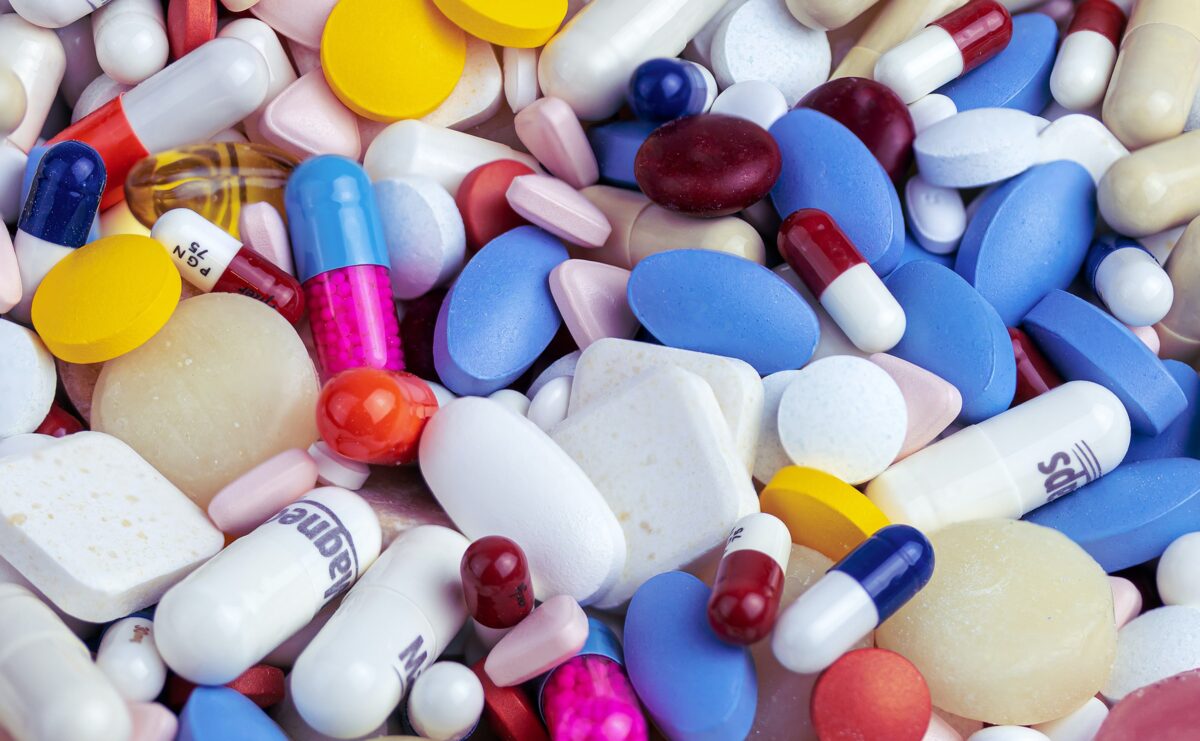
How the COVID-19 monitor improves treatments and supports LCG to signal possible drug shortages
About the collaboration
The National Medication Coordination center (Landelijk Coördinatiecentrum Geneesmiddelen) asked us to create a monitor that keeps track of drug use and patterns in hospitalised COVID-19 patients to support them to signal possible shortages and respond proactively.
The challenge
As COVID is a relatively new disease, treatments change quickly, as does the number of patients, leading to shortages of beneficial drugs. The monitor aims to prevent these drug shortages by analysing and extrapolating drug use—both known treatments, but especially in emerging new uses.
One of the main treatments for COVID-19 patients is tocilizumab. It is great news for patients, but it is now also flagged for a potential shortage with the new wave of COVID admissions. Therefore, the LCG needed to know the exact numbers and patterns of tocilizumab use to communicate with suppliers, the Ministry of Health, and potentially parliament to determine their actions to prevent the shortage.
“
The provided information was precise and therefore useful. We expected 50% of COVID-19 patients treated with this medication, but it appeared to be >60%. These insights supported us in making better decisions and tackling the potential shortages.
LCG (Landelijk Coordinatiecentrum Geneesmiddelen)
The solution
Our Life Science Team launched the COVID-19 monitor that keeps track of drug use and patterns in hospitalised COVID-19 patients and supports signalling possible drug shortages.
We are now supporting the LCG (National Coordination Center for Prescription Drugs) on a monthly basis by analysing the hospital data to provide insights into the drug use of COVID-19 patients.
As a result, we have expanded both the data depth with prescription data (EVS) and the number of hospitals to 45. For that reason, we can provide insights into add-on medication and other medication used by COVID-19 patients. This project shows our continued effort to be an impact leader in our field.
Would you like to turn your data into better healthcare?